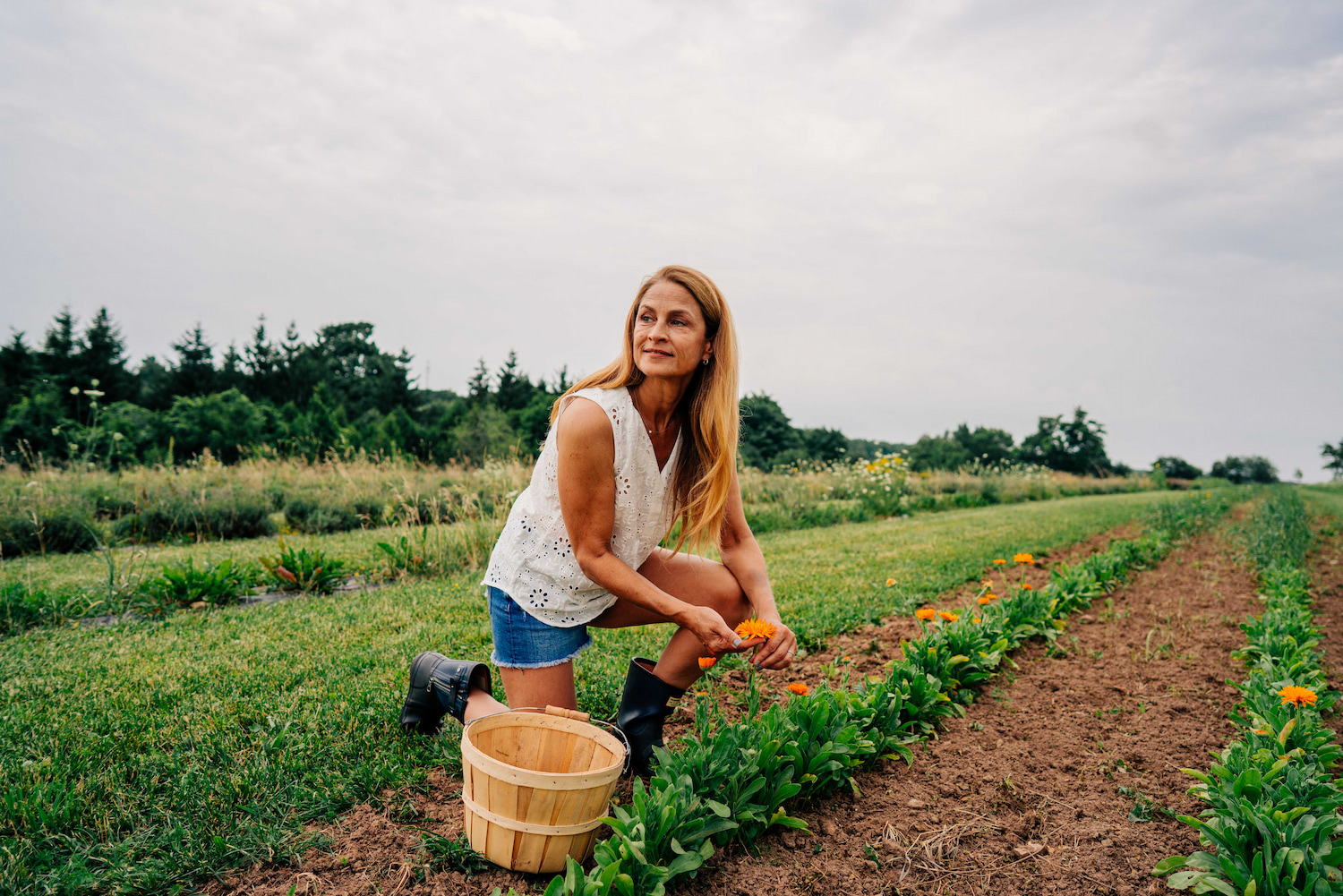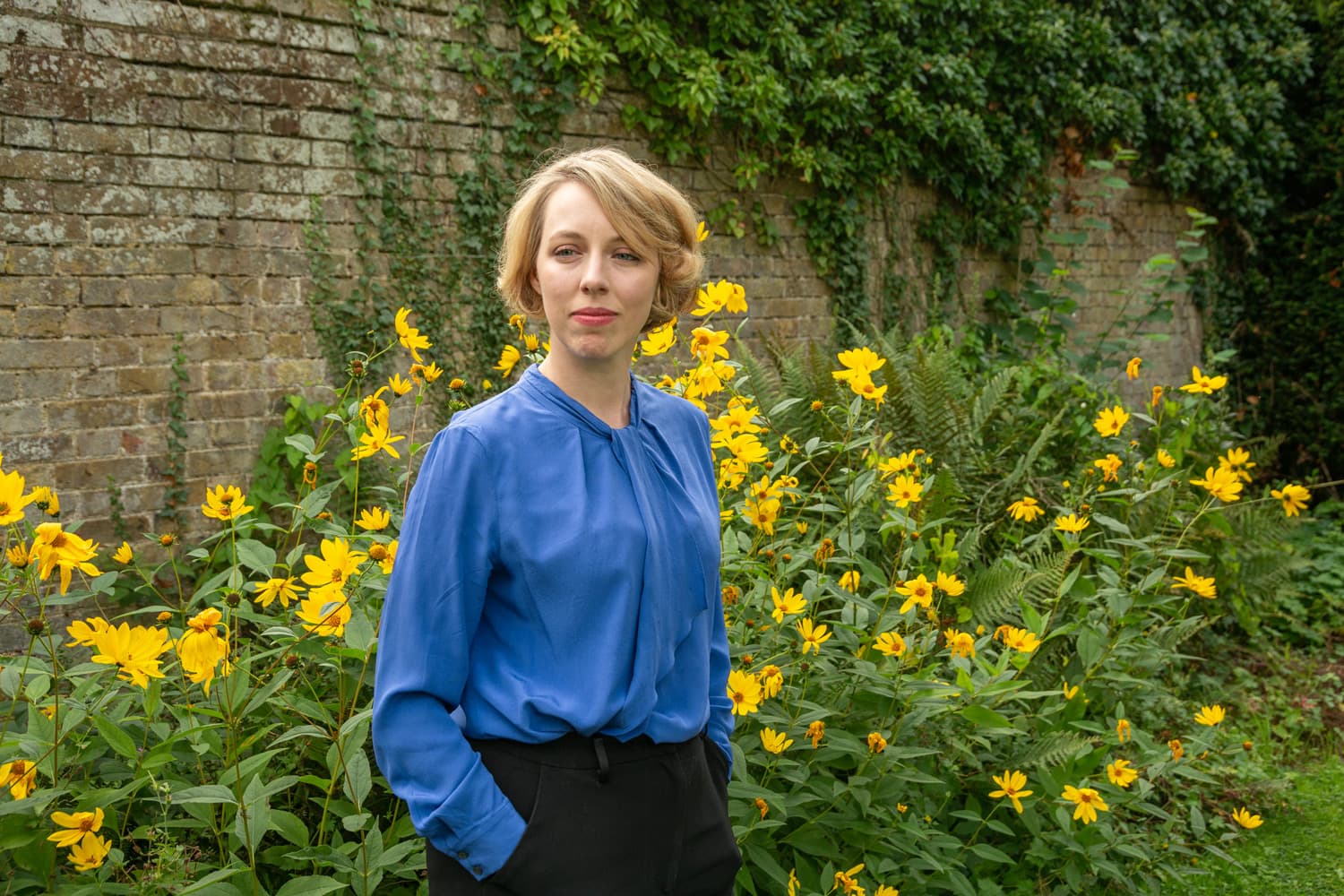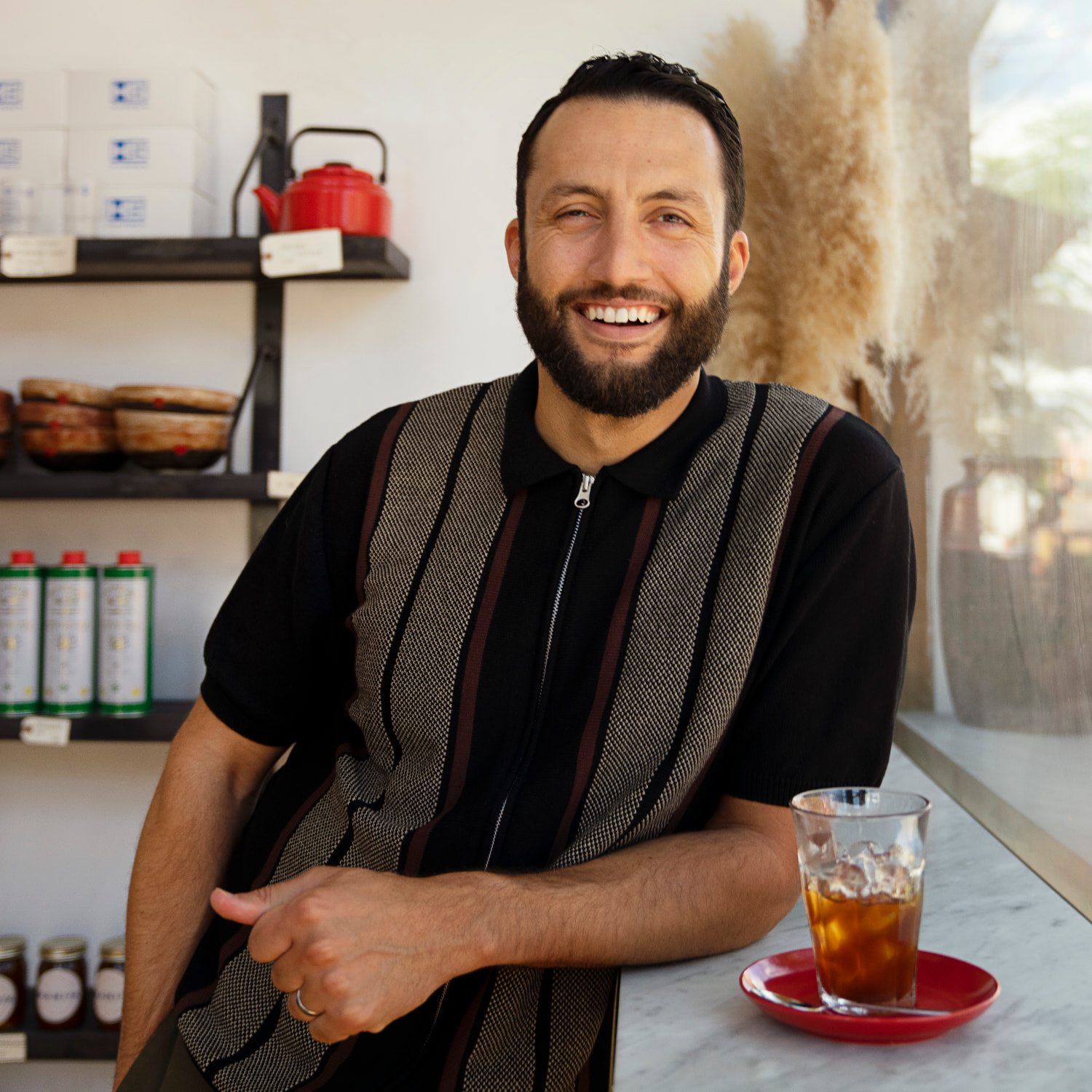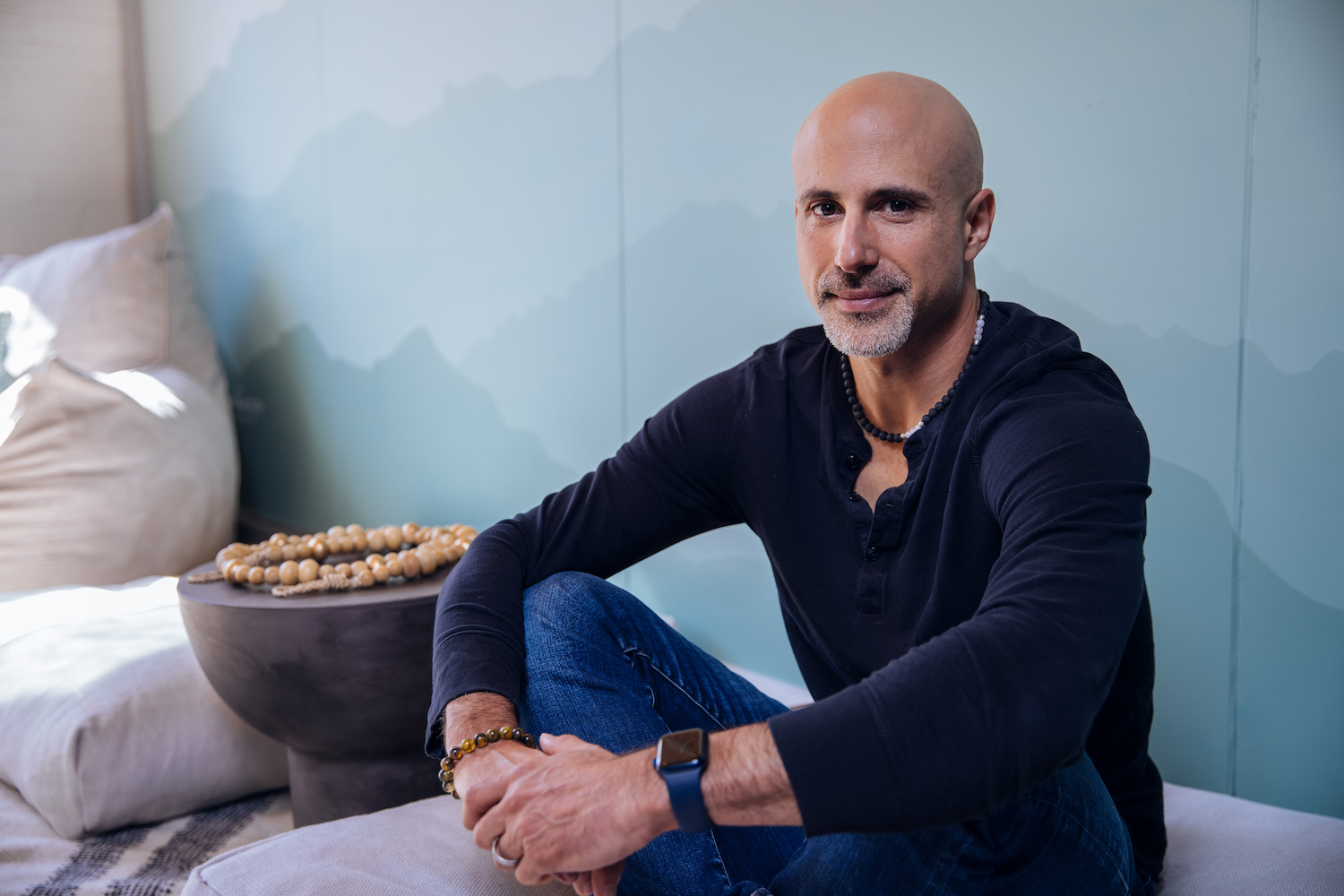“In the End It Worked”: Anshul Ruparell Has a Better Way to Sell Real Estate

Anshul Ruparell quit the banking business to follow in his dad’s entrepreneurial footsteps. His start-up, Properly, is revolutionizing the art of the real estate transaction—and racking up millions in VC capital.
When I graduated from the Ivey Business School in 2010, I did what all my peers were doing: I got a job at an investment bank. I spent two years as an analyst at Merrill Lynch, where I used to work 70 to 100 hours a week. One time, I pulled two all-nighters in a row to prepare for a presentation. I didn’t leave the office for three days—not even to go home and shower. At the meeting, I kept falling asleep. My heart wasn’t in the work. I quit the bank and spent three years in private equity. Soon I realized I wanted to build a business of my own. So I decided to get my MBA at Columbia University.
In the summer of 2016, between my first and second years in business school, I met the entrepreneur Fabrice Grinda when he did a lecture at Columbia. He’d scaled and sold a couple of multibillion-dollar companies and now heads up a VC firm called FJ Labs, which was an early investor in Alibaba and Airbnb. I told Fabrice about one of my early business ideas—a marketplace where restaurants could rent their space to people who want to host events during off hours. He said, “Listen, I think you’re really smart. But that’s a terrible idea. Why don’t you just come work for me instead?”
And that’s how I became a core member of the investment team at FJ Labs. During my years there, I spent a lot of time thinking about real estate. My family lives in Calgary, and in 2014, when oil prices dropped, the city went through a recession. I had relatives who wanted to sell their homes but couldn’t find buyers.
This sparked the idea for Properly, a business that could streamline the process for sellers by purchasing property directly from them. FJ Labs led a $3.6-million seed round, which helped me start the company. Here’s how it worked: A client who wanted to sell their home would visit our website and enter information about the property, which we would run through an algorithm to predict its value on the open market. We’d buy the home from the customer in cash for that price, minus a five per cent broker’s fee. We’d then get it ready for sale and put it on the market. If we sold the home for more than what we quoted the homeowner, we’d refund that money back to them. If the home sold for less, we’d eat the costs.
“We came up with the idea for a new service called ‘sale assurance,’ which allows people to unlock the equity on their old home before it sells”
We started out in Calgary, because I knew the market there. My co-founder Sheldon McCormick and I crashed on my parents’ couch while we drummed up business. We called people who listed their homes on Kijiji and tried to convince them to sell their home with us. We had a lot of doors shut in our faces. But in the end it worked. We purchased our first house for $600,000 and sold it for the same amount. Within a year, 20 per cent of sellers in Calgary were coming to us before listing their homes on the market. Soon after, we raised $12 million in Series A financing, most of which came from a fund called Prudence.
When the pandemic hit, we took a pause—we didn’t know what changes were coming in the market and how long they were going to last. In August 2020, we shut down our Calgary office and focused all our energy on building a new business in Toronto. We started offering something we call “sale assurance,” which allows people to unlock the equity on their old home before it sells. That way, they can buy their dream home as soon as they find it and avoid the listing process. Within two months, we were matching our revenues with the old business model. Since then, we’ve been growing by 100 per cent every couple of months. We just closed our Series B round of financing, raising $44 million led by Bain Capital. From here, the plan is to build Properly into an end-to-end partner for Canadians in every major city across the country. Despite the success I’ve had thus far, I feel like I’ve barely scratched the surface of what’s possible.








